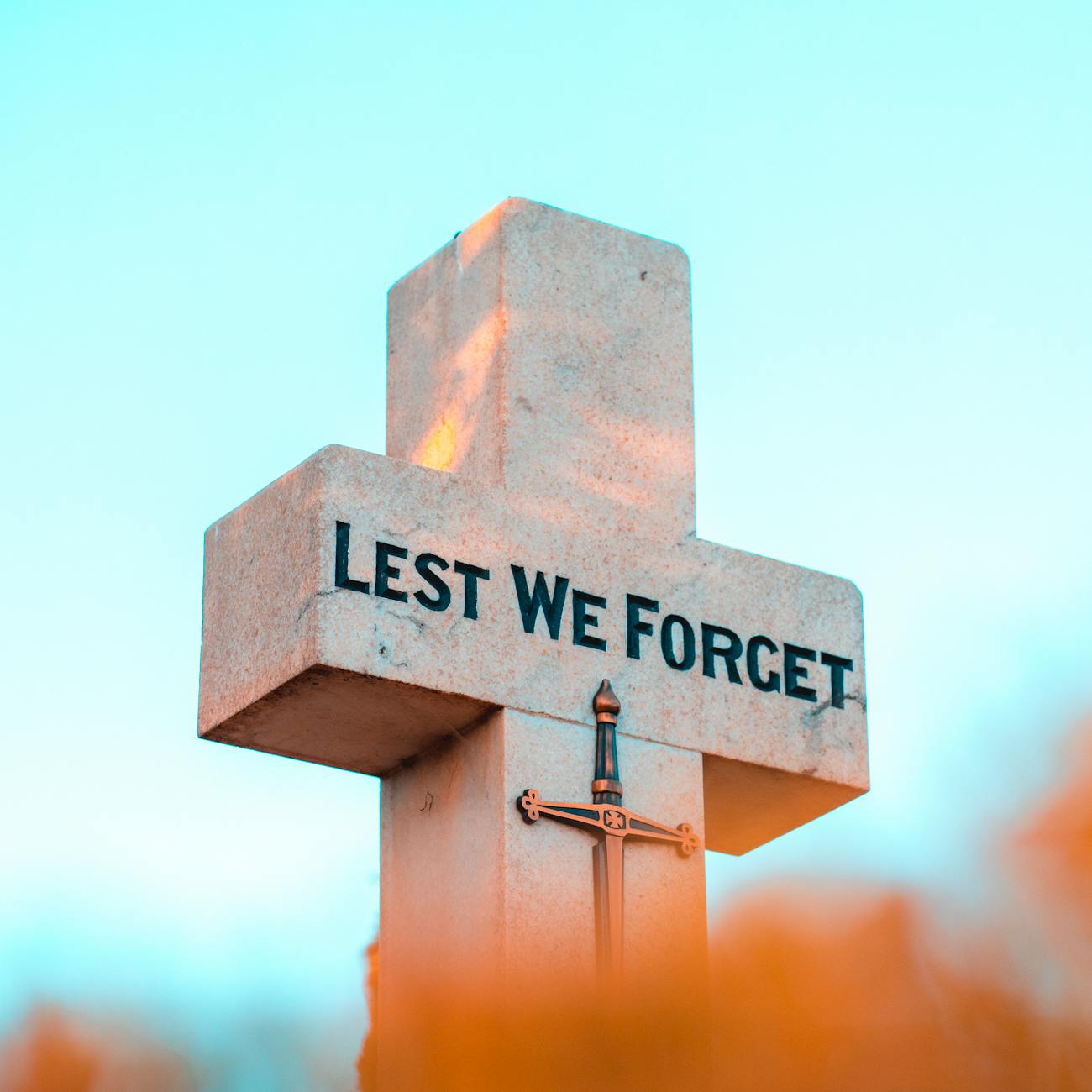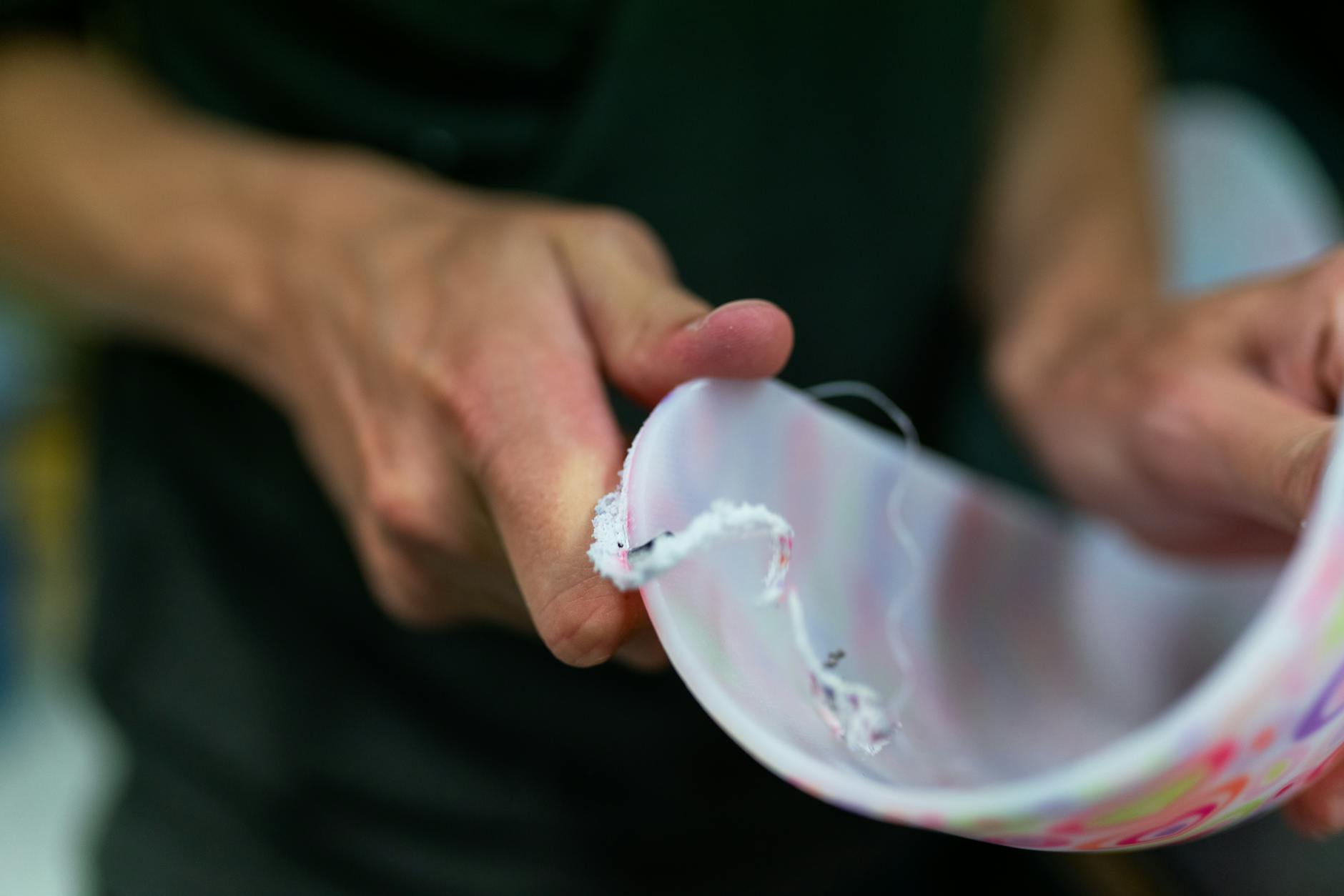A Queen’s Enduring Reign: How Billie Jean King Forged the Path for Professional Women’s Hockey
The icon’s legacy, more than fifty years after her seismic tennis victory, continues to shape the landscape of women’s sports, culminating in the nascent but powerful Professional Women’s Hockey League.
Kendall Coyne Schofield remembers the moment clearly. Years before the roar of the inaugural Professional Women’s Hockey League (PWHL) game echoed through arenas, she was a young athlete with a vision, a vision that extended beyond the ice and into the broader narrative of women’s sports. It was a vision that, perhaps unknowingly at first, was deeply intertwined with the legacy of a titan – Billie Jean King. The phone call, placed years ago, was more than just a courtesy; it was a reaching out to a foundational figure, a recognition that the struggles and triumphs of female athletes across disparate disciplines were, in fact, a shared tapestry. Now, as the PWHL embarks on its exciting, yet still developing, journey, the indelible mark of Billie Jean King is undeniable, a testament to her pioneering spirit and enduring impact.
The launch of the PWHL in January marked a watershed moment, not just for women’s hockey, but for women’s professional sports as a whole. For decades, female athletes have fought for fair compensation, equal opportunity, and a platform that reflects their talent and dedication. King, through her unwavering activism and her legendary victory in the “Battle of the Sexes” in 1973, laid much of the groundwork for these advancements. Her fight was not just for tennis players, but for all women in sports, a battle cry that has reverberated through the decades, inspiring generations of athletes, including those who now grace the PWHL ice.
Context & Background
The journey to a stable, professional women’s hockey league in North America has been a protracted and often frustrating one. Prior to the formation of the PWHL, the landscape was characterized by a series of leagues that, while offering opportunities, often struggled with financial stability, consistent media coverage, and player support. The Canadian Women’s Hockey League (CWHL) and the National Women’s Hockey League (NWHL), later rebranded as the Premier Hockey Federation (PHF), both played crucial roles in keeping the dream of professional women’s hockey alive. However, they also faced significant challenges, leading to periods of uncertainty and ultimately, the disbandment of the CWHL and a protracted negotiation process that ultimately paved the way for the PWHL.
Billie Jean King’s influence, though originating in tennis, has always been a unifying force for women in sports. Her activism extended far beyond the court, encompassing issues of gender equality, LGBTQ+ rights, and fair treatment for all athletes. She understood that true progress required systemic change, and she consistently leveraged her platform to advocate for improvements across the board. Her involvement, even in an advisory capacity or through her unwavering public support, lends immense credibility and gravitas to any endeavor aimed at elevating women’s sports. The players in the nascent PWHL are acutely aware of this history. They understand that their current opportunities are built upon the sacrifices and the courage of those who came before them, with King standing as a towering figure in that lineage.
The establishment of the PWHL was not a sudden development but the culmination of years of advocacy, player-led initiatives, and a growing recognition by sports organizations and the public of the immense talent and marketability of women’s hockey. The league’s formation was a direct response to the players’ collective desire for a sustainable, equitable professional environment. This involved crucial negotiations, a unified voice from the players, and a commitment to building a league that could stand on its own two feet, offering better contracts, improved benefits, and a more robust professional structure than previous iterations. The players themselves were instrumental in driving this change, demonstrating the power of collective bargaining and a shared vision for the future.
In-Depth Analysis
The connection between Billie Jean King and the Professional Women’s Hockey League is not merely symbolic; it is deeply rooted in the shared principles of athlete empowerment and the pursuit of gender equity. King’s lifelong dedication to ensuring that women athletes receive the recognition, respect, and financial compensation they deserve directly mirrors the aspirations of the PWHL players and its leadership. When Kendall Coyne Schofield reached out to King, she was tapping into a wellspring of experience and wisdom that had been cultivated over decades of fighting similar battles. King’s understanding of the challenges faced by emerging professional women’s leagues – from securing funding and sponsorship to gaining media attention and building a fanbase – is unparalleled.
King’s philosophy has always been about creating sustainable structures that allow women athletes to thrive. This involves not just competitive opportunities but also professional development, financial security, and a voice in the governance of their sports. The PWHL, by design, aims to incorporate these principles. The league’s ownership structure, its commitment to player contracts, and its focus on building a robust business model are all echoes of the foundational work King championed in tennis. She understood that true progress meant creating a system where women could make a living from their sport, allowing them to dedicate themselves fully to their craft without the constant financial anxieties that have plagued so many female athletes.
The PWHL’s initial season, while still in its early stages, has already demonstrated a commitment to professional standards that have been a long time coming for women’s hockey. From the quality of the on-ice product, showcasing elite talent and competitive play, to the significant media deals and corporate sponsorships that have begun to materialize, the league is signaling a new era. This level of professional infrastructure is precisely what King advocated for throughout her career. Her endorsement and early support, even if informal, would have provided invaluable momentum and credibility during the league’s formative stages. The fact that players actively sought her counsel underscores the enduring resonance of her impact.
Furthermore, King’s activism has always been about inspiring a broader societal shift. Her victories were not just athletic achievements; they were cultural moments that challenged traditional gender roles and perceptions. Similarly, the PWHL aims to be more than just a hockey league; it seeks to be a catalyst for change, demonstrating the power and appeal of women’s sports to a wider audience. As more people tune in to watch the PWHL, they are not only witnessing incredible athletic performances but also implicitly endorsing the principle that women deserve equal opportunities and recognition in all professional fields.
Pros and Cons
The emergence of the PWHL, with the implicit backing of figures like Billie Jean King, presents a compelling case for the future of women’s sports. However, like any nascent professional league, it faces a unique set of challenges.
Pros:
- Elevated Professionalism: The PWHL has been established with a focus on providing players with professional-level contracts, benefits, and support systems, a significant step up from previous leagues.
- Increased Visibility and Media Coverage: The league has secured significant media deals, leading to greater exposure and accessibility for fans, which is crucial for building a fanbase and attracting sponsors.
- Player Empowerment: The league’s structure and player representation underscore a commitment to empowering athletes and giving them a voice in their professional careers.
- Inspiration for Future Generations: The success of the PWHL serves as a powerful inspiration for young girls aspiring to play hockey professionally, demonstrating that a viable career path exists.
- Enduring Legacy of Advocacy: The connection to Billie Jean King, even if indirect through player outreach, symbolizes a commitment to the principles of gender equality and athlete advocacy that she has championed for decades.
- Strong On-Ice Product: The league features some of the world’s best female hockey players, promising a high level of competition and exciting gameplay.
Cons:
- Financial Sustainability: Like any new sports league, establishing long-term financial stability and profitability will be an ongoing challenge, requiring continued investment and revenue generation.
- Building a Consistent Fanbase: While initial interest is high, cultivating a dedicated and loyal fanbase that consistently attends games and consumes league content will be a marathon, not a sprint.
- Market Competition: The PWHL will need to carve out its niche and compete for attention and resources in a crowded sports and entertainment market.
- Player Development Pipeline: Ensuring a robust pipeline of talent from collegiate and junior leagues will be crucial for the league’s continued growth and the development of future stars.
- Navigating Public Perception: Overcoming any lingering biases or perceptions about women’s sports and ensuring consistent positive media narratives will be an ongoing effort.
Key Takeaways
- Billie Jean King’s decades-long fight for gender equality in sports laid crucial groundwork for the establishment of professional women’s leagues like the PWHL.
- The PWHL represents a significant advancement in professionalism, offering better contracts, benefits, and visibility for women’s hockey players.
- Player outreach to King highlights the enduring influence of her advocacy and the shared values of athlete empowerment across different sports.
- The league’s success depends on achieving financial sustainability, building a consistent fanbase, and securing continued media and corporate support.
- The PWHL’s existence serves as a powerful inspiration for future generations of female athletes, demonstrating that professional aspirations are attainable.
Future Outlook
The future of the Professional Women’s Hockey League, while still in its infancy, appears promising, especially when viewed through the lens of the progress initiated by pioneers like Billie Jean King. The initial reception and engagement suggest a strong demand for elite women’s hockey. The league’s ability to attract significant media deals and corporate sponsorships bodes well for its financial stability, a critical factor for long-term success. As the league matures, we can anticipate further expansion, potentially to new markets, and continued growth in player compensation and overall professional infrastructure.
The ongoing dialogue and collaboration between players and league management will be paramount. The lessons learned from previous iterations of women’s hockey leagues, coupled with the strategic vision driving the PWHL, position it for sustained growth. The league’s commitment to a high-quality product on the ice, combined with effective marketing and community engagement, will be key to solidifying its place in the professional sports landscape. Furthermore, the increasing cultural acceptance and celebration of women’s sports, a movement that King has been instrumental in fostering, will undoubtedly continue to fuel the PWHL’s trajectory.
The continued involvement and support of figures like King, even if in an advisory or inspirational capacity, will be invaluable. Their wisdom and experience can help navigate the inevitable challenges and ensure that the league remains true to its core principles of fairness, equity, and athlete empowerment. As the PWHL continues to write its story, it stands on the shoulders of giants, a testament to the enduring power of perseverance and the unwavering belief in the potential of women in sports.
Call to Action
The Professional Women’s Hockey League is more than just a new sports league; it’s a tangible realization of decades of advocacy for gender equality in athletics. Its early successes are a testament to the dedication of its players and the growing appetite for elite women’s sports. As fans and supporters, we have a crucial role to play in ensuring its continued growth and prosperity.
We are urged to actively engage with the PWHL. This means purchasing tickets to games, whether in person or through broadcast packages, subscribing to league streaming services, and purchasing team merchandise. It means following the league and its players on social media, sharing their stories, and amplifying their achievements. It means talking about the PWHL with friends, family, and colleagues, educating them about the incredible talent on display and the importance of supporting women’s sports. For businesses and corporations, this is an opportune moment to align with a league that embodies progress, excellence, and a commitment to equality by exploring sponsorship and partnership opportunities. The collective action of fans, media, and corporate entities will be instrumental in shaping the future of women’s hockey and ensuring that the legacy of pioneers like Billie Jean King continues to inspire and empower generations to come.














